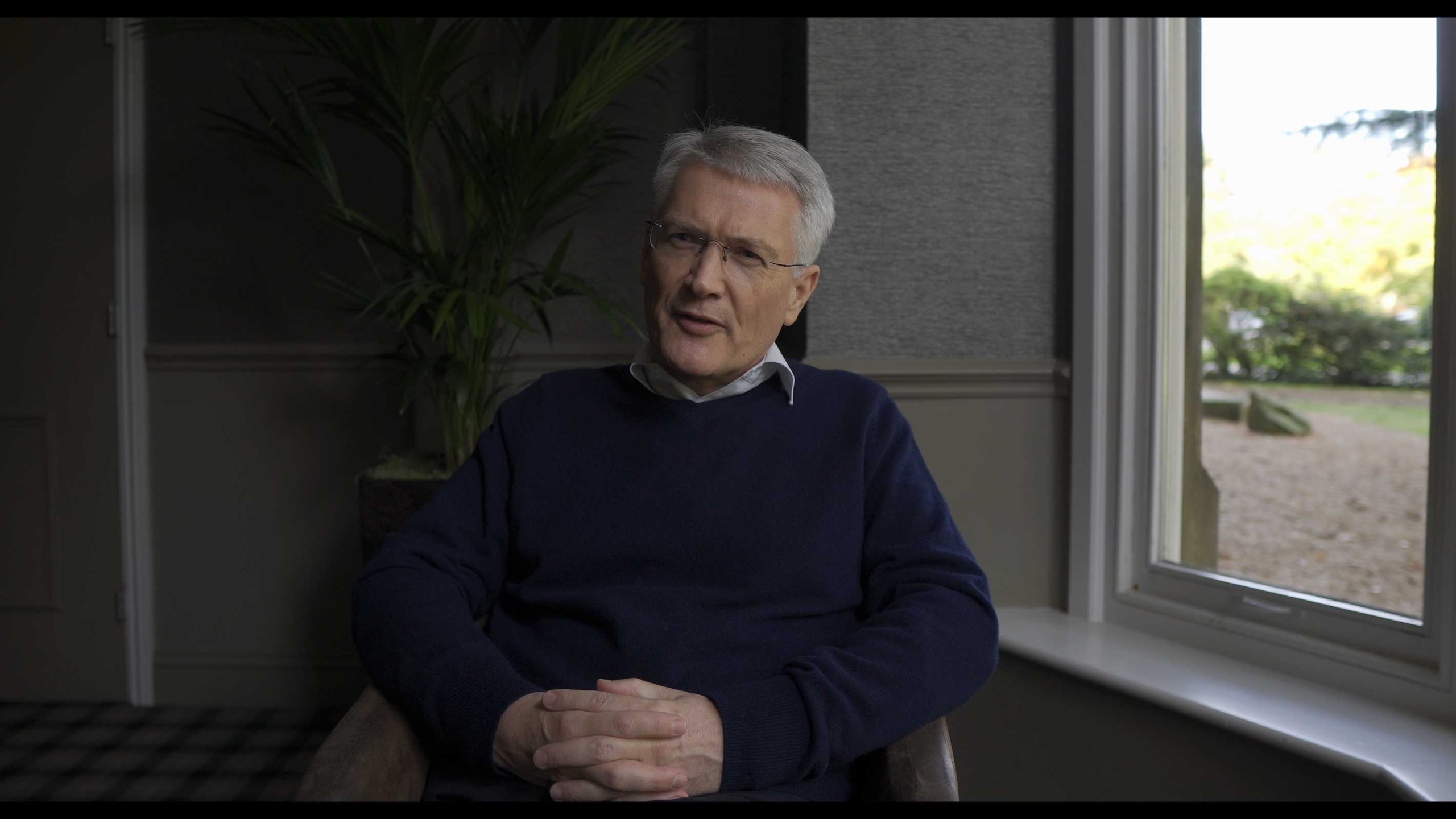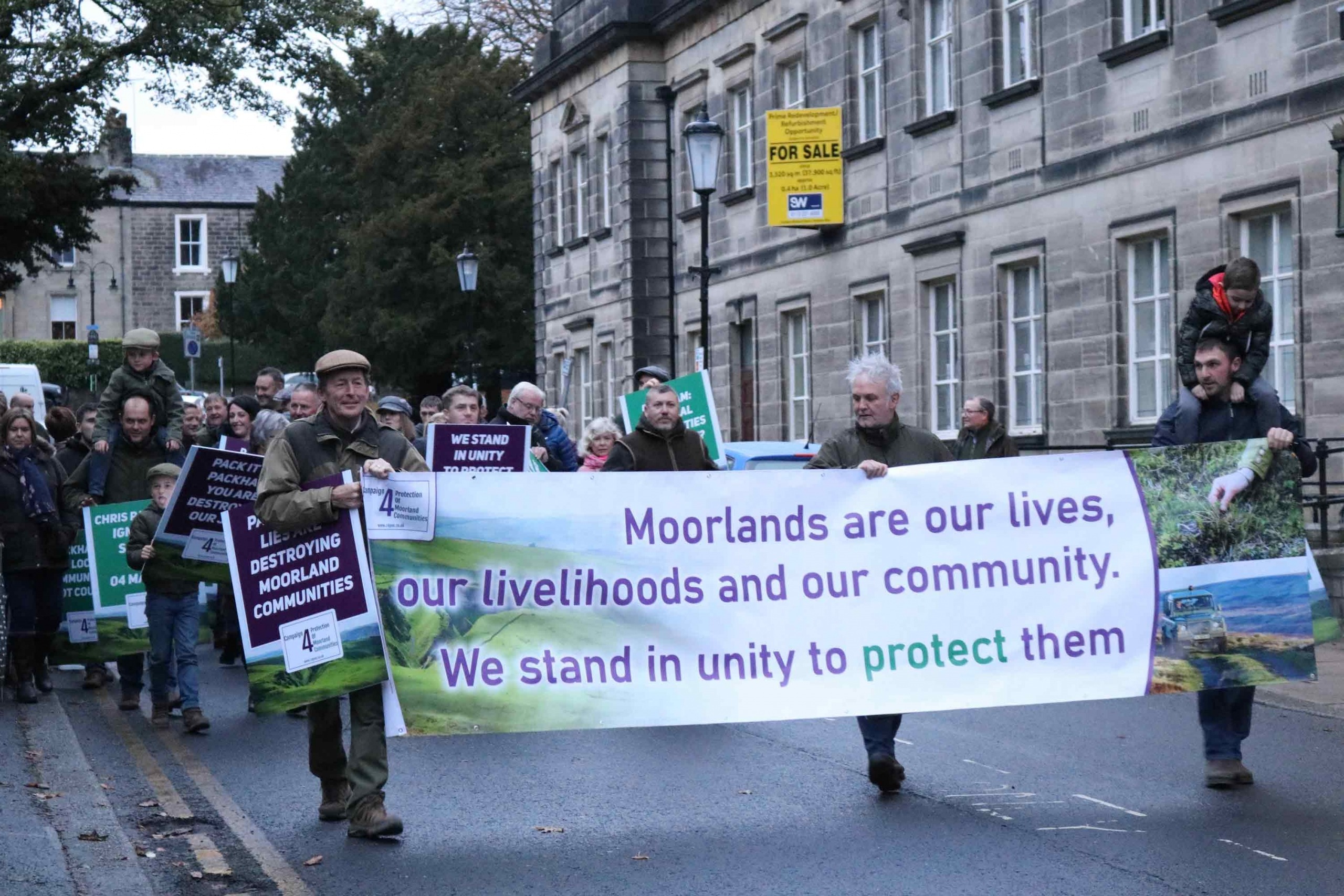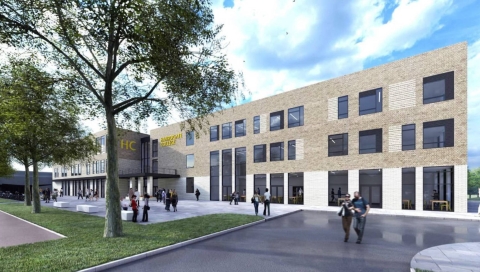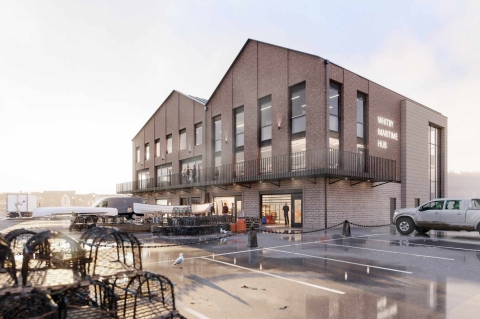The Police, Crime, Sentencing and Courts Bill is a 300-page document, and is yet to become law.
Third Reading consideration of the Police, Crime, Sentencing and Courts Bill will take place on 5 July 2021.
It is a controversial Bill with the Government describing as merely a tweak to the current laws, but with a Harriet Harman of the Joint Committee on Human Rights describing it as “oppressive and wrong”. Many groups have voiced concerns of the bill, but the conservatives have lined-up to support.
- The bill says group protests should not be loud enough to cause “serious unease, alarm or distress” to people “in the vicinity”.
- The noise limit also applies to a single individual
- The determination of “serious unease, alarm or distress” is left to a police officer’s discretion
- Joint Committee on Human Rights said the legislation could undermine freedom of expression.
- Joint Committee on Human Rights chairwoman, former Labour deputy leader Harriet Harman, said the plans were “oppressive and wrong”
- Maximum penalty for assaulting emergency workers would increase from one to two years.
- Greater power written in law to stop unauthorised encampments could breach the human rights of Gypsies, Roma and Travellers
What the Government Home Office say about the Bill:
The measures in the Police, Crime, Sentencing and Courts Bill will improve the police’s ability to manage such protests, enabling them to balance the rights of protesters against the rights of others to go about their daily business, and to dedicate their resources to keeping the public safe.
Shan Oakes said:
In a nutshell.. the Bill is a ragbag of measures, many of which are populist carrots designed to appeal to people who have been encouraged to feel threatened by other people or groups.
Hidden within this ragbag is a very serious threat to democracy in the form of potential criminalisation of people who protest against the political direction of travel.
Considering the regressive current direction of travel, with no real commitment to addressing the climate/ extinction crises, more protest is needed, not less.
Even a lone protestor , under this proposed legislation, could be arrested, simply because one person said they were annoying.
It opens the door to a severe crackdown on protest, bringing this country in line with the shocking police tactics and oppression that we have seen in other countries around the world.
Andrew Jones MP, commenting on the additional sentencing power for emergency service workers, said:
There has always been an element of different sentencing dependent on the circumstances of a crime in our judicial system. In fact I expect it is the same across the world.
An assault on a police officer in the course of her or his work will be treated differently than a similar assault on the same person unrelated to their work. That is because on duty police officers should not be prevented from upholding the law.
Extending this to the wider emergency services seems a sensible approach to me. Forcibly preventing someone from administering care to others should be viewed seriously in the judicial system.

Andrew Jones MP, commenting on the reduction of the right to protest, said:
The measures regarding protests are necessary because recent changes in the tactics employed by certain protesters, for example gluing themselves to buildings or vehicles, blocking bridges or otherwise obstructing access to buildings and newspaper printing works, have highlighted some gaps in current legislation.
The existing police powers to impose conditions on protest marches, such as start and finish times and maximum noise levels, are being extended to cover static protests.
I do not know why people would want to maintain laws which allow others to intimidate and harass bystanders or cause them serious unease or alarm. It seems odd to me to allow people to recklessly cause a public nuisance by climbing on the top of a train or gluing themselves to buildings to prevent people getting to work. Or block a road that is a main access to a hospital A&E.
When protests regularly, disproportionately and gratuitously disrupt the lives of law-abiding people who are not protesting, and not even the subject of the protest, then I think we have a responsibility to enable that person to go about their business. We also have a responsibility to enable protests to happen at the same time. This Bill achieves that, along with the many other measures to support the police and keep our country safe, and that is why I support it.
It seems entirely wrong to me that parents should be prevented from getting their children to school because a protest is being staged near the school but unrelated to it. Why should those people have their daily lives inconvenienced in that way?
Andrew Jones MP, commenting on the additional sentencing power for child offences, said:
And finally, it gives the ability to give longer sentences on child offences, what is his view on why that is needed ?
Crimes against children are indefensible and the justice system and sentencing should reflect that. Longer sentences act as a deterrent to these extremely serious offences and underline the seriousness of them. It is not just about punishment; it is about sending a message about how a civilised society views these crimes.
Philip Allott, North Yorkshire Police, Fire and Crime Commissioner, said:
The Police, Crime and Sentencing Bill is a significant piece of legislation which is continuing to work its way through Parliament. I am continuing to represent the views of North Yorkshire to government as part of that process both directly and through the Association of Police and Crime Commissioners.
At its heart are efforts to keep us safe and feeling safe by ensuring we introduce tougher sentence for the worst offenders, more support to stop reoffending and break cycles of crime, and – crucially – more help for victims who can all too often become the forgotten part of the justice system.
It will also back our police officers and staff with the powers and tools they need to protect us. This includes ensuring that we give them the ability to reduce the disruption caused by non-violent protests while protecting the right to freedom of speech. This is always a difficult balance but it is right to examine how we ensure protests do not disproportionately impact on the lives and livelihoods of others.
I also fully support the increase in penalties for assaulting our brave emergency workers. They put themselves on the frontline, in harm’s way, to protect us so it absolutely should be a priority to protect them and I completely back the increase in maximum sentence to two years.
Tougher sentencing for the worst offences is also a change I believe will be welcomed by many people. Crimes that shock us all, such as the premeditated murder of a child, should receive the toughest sentences with whole life orders where they are appropriate available to judges.
This is a complex series of measures and we are still at an early stage in the Parliamentary process. I would encourage anyone interested or concerned by the impact they think it will have to get involved in the debate, have their say and ensure MPs are aware of your views so they can represent these directly in the House of Commons.
Sarah Gibbs has campaigned over many issues, including HS2 and the Harrogate Water expansion.
Sarah Gibbs:
I find it quite shocking that people seem to think the new Police, Crime, Sentencing and Courts Bill is not a threat to our human rights.
I’m not, however, surprised as it seems to be the narrative that, once again, the mainstream media write.
It’s just disappointing that people don’t research things deeper. The mainstream media have not made it common knowledge about the new All Party Parliamentary Group on Democracy and the Constitution (APPG) report on the policing of the Sarah Everard Vigil and the Bristol #KillTheBill protests.
The message in this is clear: the police failed to understand their obligation to protect the right to protest. It reports that in some cases, the hard-line enforcement approach of the police “caused, or at least exacerbated, some of the violence.” Not to mention the lies regarding police sustaining injuries during the Bristol protests; rather reminiscent of the 2009 G-20 summit.
On mainstream media, is there mention of the recent Supreme Court ruling that four protesters did not act unlawfully when obstructing a road outside the controversial Defence and Security Equipment International (DSEI) Arms Fair? T
he recognition that protests which are deliberately obstructive are still protected under Article 10 and 11 of the European Convention on Human Rights is crucial to understanding why this Bill is absolutely a threat to our democracy.
Disruptive protests can and do change things. Each case must be judged on its own merits, but when protestors are exercising their rights to free speech and assembly (under Article 10 and 11 of the European Convention on Human Rights), they have a “lawful excuse”. The changes to the Bill give police more powers to shut protest down rather than facilitate them. It is a direct threat to Article 10 and 11. The proposed control measures of peaceful protests, such as specified areas to protest in and noise volume levels are completely disempowering.
This level of control with the threat of imprisonment if a protest is ‘deemed to cause annoyance’ is oppression. The government know that peaceful disruption and direct action create change. And it is necessary change. To obstruct a road to stop the sales of arms is morally right. To ‘trespass’ and set up a protection camp to protect what little of our habitats we have left, in a planet on fire and in flood due to climate crisis, is morally right.
Legality is sadly not a guide to morality and the changes to this Bill would be to make more acts calling for morality and justice, illegal. Is that what you want from the law? Personally, I agree with the recommendation of the APPG report to remove the sections of the Bill which give the police powers to restrict protests. But the measures which criminalise Gypsy, Roma and Traveller communities, or extend the power of the state to stop, search, surveil and incarcerate vulnerable people would still be present.
Much of the Bill is undemocratic, discriminatory and would facilitate acts of immorality.
It must be stopped. Kill the Bill.







I am very concerned about the amendment to allow abortions of babies up to term. As I understand it, this change would allow abortions for any and every reason or for no reason at all. Is anyone doing anything about this amendment? Has the issue been debated? This bill is a very serious attack on human life.
Even if we discount many of the most appalling restrictions to our lives and human rights, the fact that this bill of 300 pages passed in one day while dismissing the 135 pages of amendments.
This is bad law, badly considered and rammed through without proper oversight. It now means for example that you can be criminally charged for “wild camping” with a motorhome, you can be jailed on conviction for ten years for a one man protest causing “annoyance”-more possibly than a criminal assault. All badly thought out and with draconian penalties for poorly defined crimes.
Is this the future of Government, emergency powers granted to one man long after the emergency has passed and using every opportunity to abuse the powers granted.